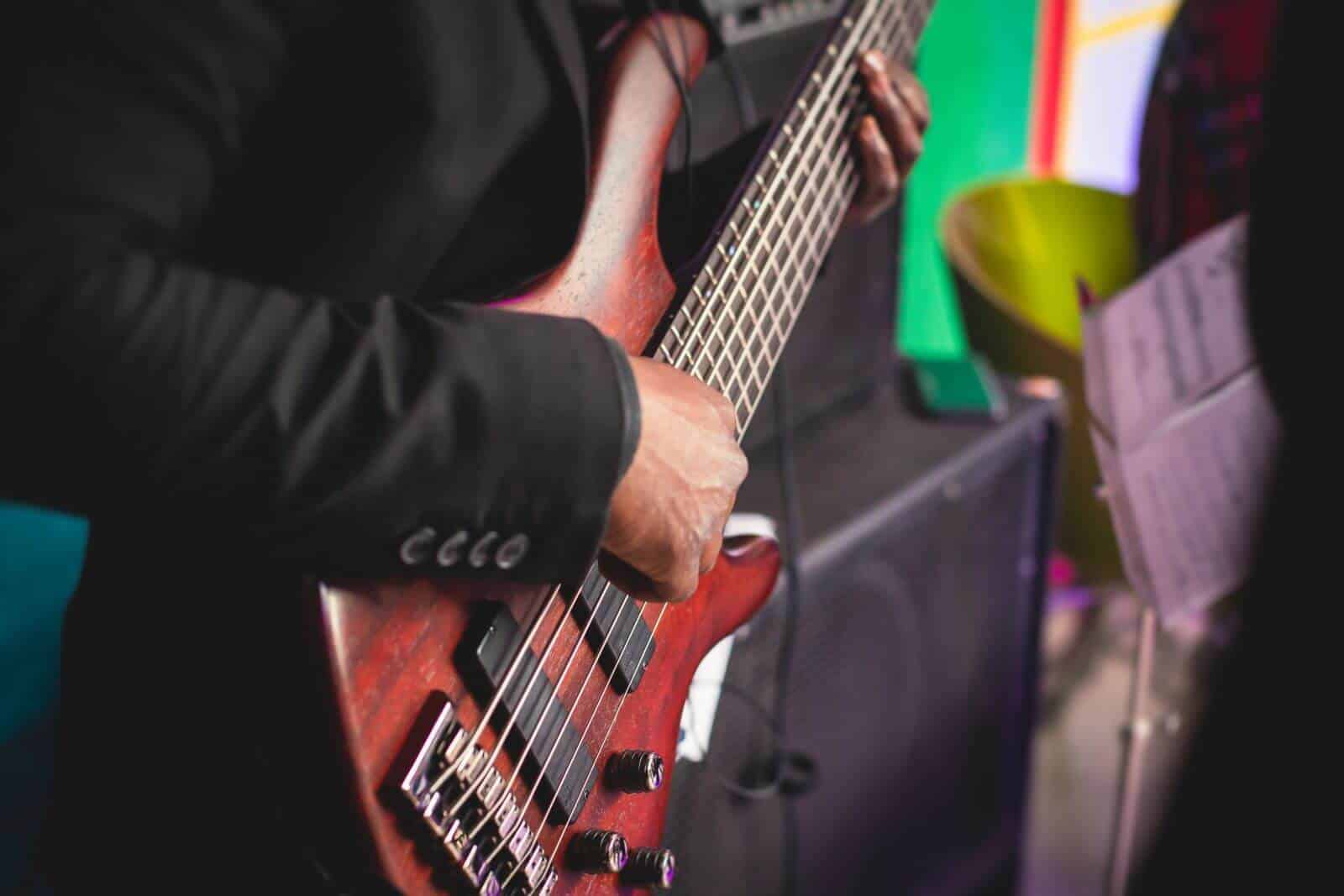
Did you know that musicians can be four times more likely to experience hearing loss? Hearing loss is a chronic medical condition that reduces a person’s capacity to hear and process speech as well as sound. This not only impacts hearing, but also communication which are key ways we navigate everyday life. One of the most common causes of hearing loss is loud noise. Because musicians are consistently exposed to noise, they experience a much higher risk of developing hearing loss compared to non-musicians.Fortunately, this type of hearing loss is preventable and practicing safety measures can significantly protect hearing health and wellness.
Noise Induced Hearing Loss
One time or regular exposure to loud noise can cause noise induced hearing loss. Loud noise can permanently damage the sensory cells in the inner ear. There are thousands of sensory cells in the cochlea and these cells play a major role in how sound is absorbed and processed. Sensory cells convert incoming soundwaves into electrical signals that then get sent to the brain. The brain continues processing these signals which includes assigning meaning to them, this allows us to understand what we hear.
Loud noise can desensitize and weaken sensory cells, reducing their capacity to effectively process soundwaves. This results in the brain receiving less auditory information, causing the brain to work harder to detect and process sound which causes hearing loss. Unlike other types of cells we have, sensory cells in the inner ear do not regenerate. There are also no treatments that can repair these cells once they’ve been damaged, resulting in permanent hearing loss. This highlights the importance of prevention and prioritizing your hearing health, especially if you are regularly exposed to loud noise.
How Loud is Too Loud?
It is important to be aware of noise levels so that you can adjust your exposure time. Sound is measured in units known as decibels (dB) and sound that suprasses 85dB is considered hazardous for hearing health. This is equivalent to busy city traffic, a hair dryer, and a busy restaurant during peak hours. Experts say that people are able to be exposed to 85dB for 8 hours a day and this is the maximum threshold for safe listening. But for sound that exceeds 85dB, exposure time needs to be drastically reduced.
The National Institute for Occupational Safety and Health’s guidelines for safe listening state that exposure time should be reduced by half for every 3 decibel increase of noise above 85dB:
- 85dB: 8 hours
- 88dB: 4 hours
- 91dB: 2 hours
- 94dB: 1 hour
- 97dB: 30min
Exceeding these limits can permanently damage hearing. This is especially important for musicians who are regularly exposed to sound that surpasses 85dB.
Tips to Protect Hearing Health
Noise induced hearing loss is completely preventable. There are several safety measures you can practice that protect hearing health. This includes:
- Wear hearing protection: there are different types of hearing protection – headphones, earbuds, and earmuffs which provide a protective barrier for the eras. This reduces the amount of loud noise that is absorbed. There is also hearing protection that is specifically made for musicians. These custom earplugs are designed to attenuate noise levels so that sound is still delivered but at a safer volume.
- Use in-ear monitors: in-ear monitors allow musicians to hear their music directly in their ears as it is playing. In-ear monitors maximize noise cancellation technology to decrease background noise and deliver high quality sound. This allows musicians to hear their audio at safer listening levels.
- Measure volume: identifying how loud the noise levels are that you are exposed to is a useful way to then know what your exposure time should be. You can download an app to measure sound in decibels – NIOSH Sound Level Meter App (iOS) and SoundPrint (iOS and Android) for example.
- Take breaks: another useful strategy is to take listening breaks throughout the day. Taking 5-10 minute listening breaks where you are not exposed to noise gives the ears and brain time to rest and recuperate from constantly absorbing and processing sound.
- Test hearing: it is important to have your hearing health regularly tested. This allows you to track your hearing health and identify any symptoms that you may experience over time.
Practicing these strategies can prevent noise induced hearing loss. Contact us today to learn more about the resources and technologies that are available to support your hearing health.
